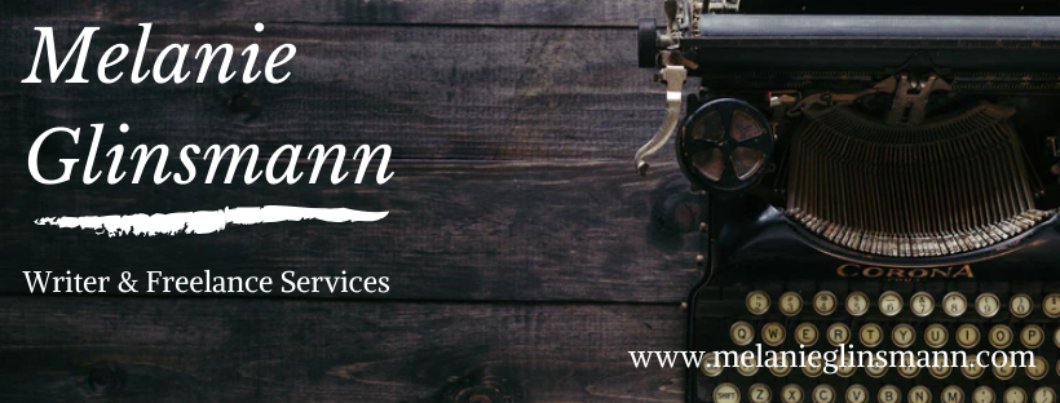
“What are you reading?”
People ask me this on a regular basis. Anyone who’s known me more than five minutes knows I love to read. Some of my earliest memories are of sitting on my bed with a book in my hands.
My love of reading was part of why I chose to study English in college, both for my undergraduate teaching degree, and in graduate school. But over the last five or so years, how I read has changed thanks to technology.
HOW READING HAS CHANGED

When most people think of a book, the first thing that comes to mind is a physical object with a cover, paper, and printed words.
Today, however, more people have shifted towards digital and audio books. There are plenty of reasons for that.
Digital book readers, or having audio books on your phone, offer portability and flexibility. You can take your book with pretty much anywhere. And a single device stores a bunch of books in one place. Also, the majority of these devices have internet access making downloading a new book simple.
For authors, these changes impact the business side of writing, especially for those who self-publish. In addition to formatting your cover and text for a physical book, you have to consider what changes need to be made for e-book formatting. And, if you want your book on audio platforms, you have to find a voice actor (if you’re not reading it yourself) and figure out the recording and production process.
MY READING STRATEGIES
Ten years ago, I most likely would have told you I wouldn’t want digital format books. And audio books (or back then, books on tape and eventually CD) were a total no-go for me.
Over time, my book snobbery has softened.
I still prefer physical books. That won’t ever change. There is a connection between physically holding a book and looking at the words to how your brain processes meaning and emotion. The simple act of turning a page impacts your reading experience.
With that said, I have come around to e-books, especially in certain circumstances. I use my e-reader a lot more than I ever imagined.
Audio books are, admittedly, still a work in progress. I do not consider them to be true reading simply because listening to something activates different parts of the brain than what is required for comprehending written words. However, I do believe using audio formats has benefits. Listening to a book can be a great way to take in a story or learn something in a condensed time frame.
MY BOOK BREAKDOWN
- PHYSICAL BOOKS (hardcover or paperback)
Most of my hardcover books are either ones by favorite authors, or anthologies and series I plan to read again. I also have hardback editions of favorite classics and shorter non-fiction books. For general fiction, I go with paperbacks because they are usually cheaper and easier to carry around.
- E-BOOKS
I started using e-books for fiction that I knew I didn’t need to keep a physical copy, and for larger non-fiction books. I also take advantage of special deals (such as BookBub) to get books from new and/or independent authors. I like the fact that I can highlight passages and even send them to myself via email. And because of a vision issue, I also like that I can adjust font size on my e-reader, preventing eye strain that sometimes now comes with physical books. And of course, there’s the convenience. While you do need to be mindful of battery life, having multiple books stored on an e-reader saves a lot of space when on the go.
- AUDIO BOOKS
While I don’t have many audio books, I have used them more in recent months. I started listening to some while at work when I wanted something besides music in the background. And, as part of my 2019 reading goals, I’m working through the complete works of William Shakespeare. Since his plays were meant to be acted rather than read, using audio versions helps me get through them more quickly. But I’ve found that I can only listen to certain kinds of books on audio. Because I am a visual learner, I have to be able to see the words on the page. Books I’m trying to learn something from, or study from a writing craft perspective, I have to actually read. However, audio books are perfect for my “just for fun” list of books.
– Stephen King
“Books are a uniquely portable magic.”
**What’s your favorite way to read (or listen) to a book? How do you think your learning style influences how you prefer to read?**
Reignite your creativity!

Subscribe to get new content, monthly newsletter, and important updates. You'll also receive a free download - "30 Days of Creative Inspiration."

